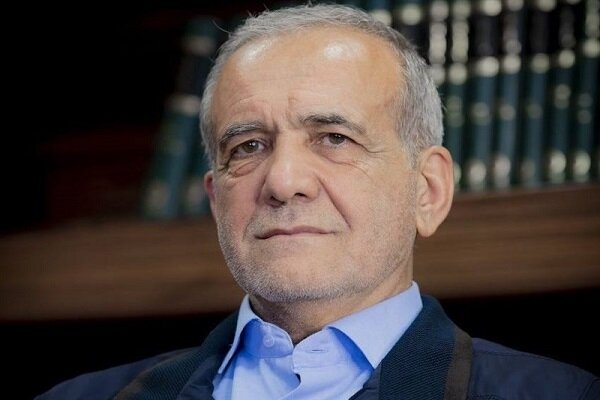Iran Suspends Cooperation with IAEA in Response to Israeli and American Strikes

Iranian President Masoud Bazkhian approved a law today, Wednesday, July 2, to suspend cooperation with the International Atomic Energy Agency, after it was approved by the Iranian parliament last month in response to what he described as "Israeli and American attacks" on Iranian nuclear facilities.
Iranian state television quoted Bazkhian as agreeing to the law, making it immediately effective. The law stated that the Iranian government is "obliged to suspend all forms of cooperation with the International Atomic Energy Agency under the Non-Proliferation Treaty (NPT) and relevant safeguards agreements" until conditions including "ensuring the safety of Iranian nuclear facilities and scientists" are met.
The law indicated that this decision was in response to what was considered a "violation of national sovereignty and the safety of Iranian territory" by Israel and the United States, based on Article 60 of the 1969 Vienna Convention, which allows for the suspension of contractual obligations in case of "material breach" by other parties.
In a related context, the Iranian president criticized the double standards of the International Atomic Energy Agency, considering them a cause of "many problems for regional and global security." He added in a phone call with French President Emmanuel Macron, according to the Iranian "Tasnim" agency: "Our nuclear activities were under the supervision of the agency, and surveillance cameras were present in our facilities."
This call came after France, Germany, and Britain condemned, in a joint statement on Monday, the "threats from Tehran" to IAEA Director Rafael Grossi, following American and Israeli strikes on Iranian facilities and Tehran's announcement of suspending its cooperation with the agency.
On the other hand, the Iranian Foreign Ministry accused Grossi's confidential report as being a "pretext" for the attack on Iranian nuclear facilities on June 13, referring to the agency's report that indicated Iran's acceleration of uranium enrichment to 60%, close to the military level (90%).
Tehran also condemned the agency's decision issued on June 12, accusing it of not fulfilling its nuclear commitments, considering it a "cover" for American and Israeli attacks.
In another reaction, Grossi called on Monday for allowing the agency to access Iranian nuclear sites that were targeted, to determine the fate of highly enriched uranium stockpiles.
It is worth noting that the Iranian parliament urgently passed the law (in the form of dual expedited payment) last week amid escalating tensions between Tehran and the West over the nuclear issue.